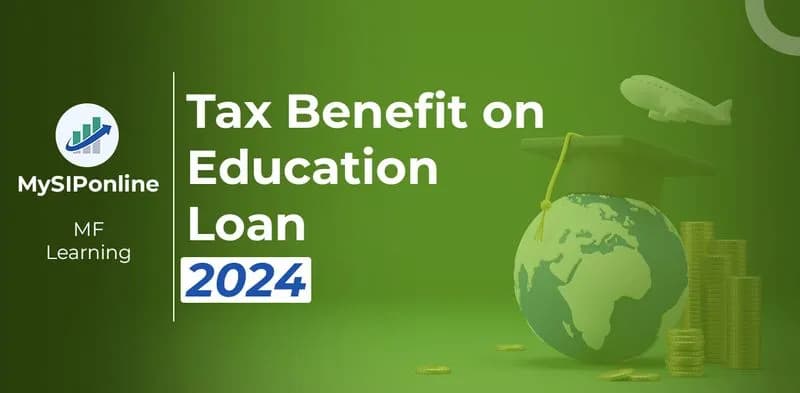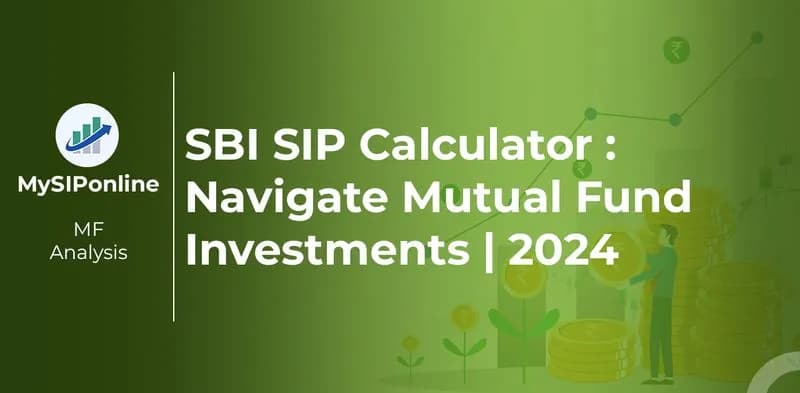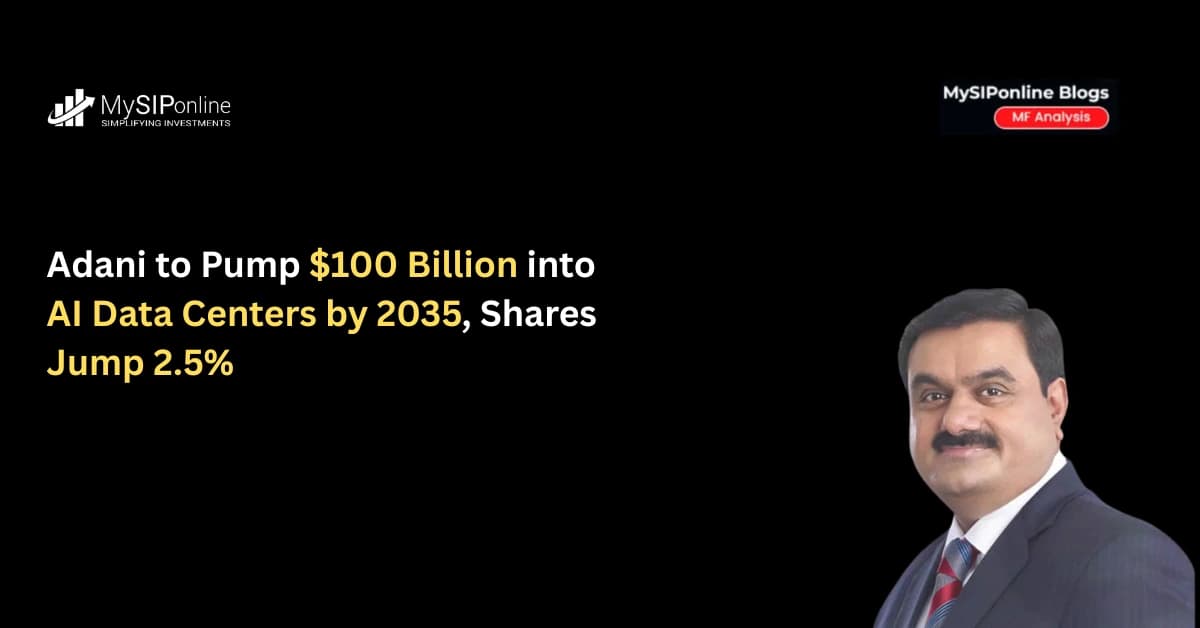Introduction
The escalating demand for higher education has brought about a substantial cost, promoting many students to resort to education loans. Typically, these loans are repaid post-education loans, once the student secures employment and start managing EMIs. However, this scenario can be burdensome for a fresh graduate juggling the responsibilities of a new job and loan repayment. To alleviate this financial strain and foster higher education pursuits, the income tax extends a helping hand through tax deductions undersection 80E. Effectively, while repaying the loan interest, individuals can simultaneously claim tax deductions, lightening their tax burden.
This not only serves as a financial relief but also incentivizes individuals to pursue advanced studies without shouldering on overwhelming economic load.
To claim income tax deduction on education loans, follow these conditions
Pay EMI from Taxable Income.
Obtain the loan from a recognized financial or approved charitable institution. Approved charitable institutions.
Approved charitable institution are those specified in section 10 or established for charitable purposes and endorsed by the prescribed authority under section 80G.
Financial institution include banking companies regulated by the banking regulations Act, 1949, or those specified by the central government.
The loan must be for personal higher educations or the higher education of relatives (spouse, children, or legal wards).
Higher education refers to courses pursued after the senior secondary examination, recognized by relevant authorities.
Adhering to these conditions ensures eligibility for the income tax deduction under section 80E, providing relief for education loan repayments.
Only individuals who have taken loans in their names are eligible for tax deductions 80E of the Income Tax Act.
Hindu Undivided Families (HUF) and companies are eligible for these tax exemptions. Loans must be obtained from recognized financial or charitable institutions, excluding loans from friends and relatives.
The tax deductions are applicable for a specific duration of 8 years, providing a limited window for tax payers to avail themselves of these benefits.
Both the parent and the child, under whose name the loan is sanctioned, can claim deductions during the eligible period. The deduction is applicable exclusively to the interest component of the loan.
Taxpayers are eligible for these deductions only if the loans are taken explicitly for funding higher education.
Documents Required
Taxpayers have to keep these documents handy to claim tax deductions under section 80E.
Individuals availing a loan for higher education have to procure a certificate of the same from a financial institution or a charitable institution that has provided this loan. This certificate must represent the proper bifurcation of principal and interest amount of the loan which has been availed for the financial year.
Durations of Tax Deduction under section 80E
Taxpayers can claim deductions on the interest component starting from the year of initiating loan repayment. This benefit extends for a maximum of 8 years or until the complete interest amount is repaid, depending on which occurs earlier.
For instance, if an individual begins repaying an educational loan in 2019 and completes the repayment by 2027 (within 8 years), they can avail deductions for the entire duration. However, if the loan is fully repaid by 2024, the taxpayers can claim deductions for 5 years, reflecting the importance of timely repayment in maximizing tax benefits.
Deductions amount under section 80E
Under section 80E of the Income Tax Act, 1961, individuals are eligible for deductions exclusively on the interest paid for higher education loans. It’s important to note that these deductions are applicable solely to the interest portion and do not extend to the principal amount. Additionally, these deductions can be claimed only in the years when the interest is paid.
Crucially, there is no specified upper limit on the amount eligible for deductions, providing taxpayers with flexibility in claiming the entire interest amount paid on the educational loan.
Tax Advantages under section 80E
Individuals benefiting from educational loans for higher studies can leverage significant tax advantages under the Income Tax Act.
Notably, if a taxpayer has already utilized the full deductions limit of Rs.1,50,000 under section 80C, they remain eligible for additional deductions under section 80E. Unlike section 80C, section 80E does not impose a cap on the available deductions, providing taxpayers with an extended avenue for tax benefits related to higher education loans.
Benefits
1. Extended Repayment Period: Many individuals opt for the full 8-year repayment period for their education loans.
2. Tax Deduction Strategy: Choosing to extend the repayment allows individuals to maximize tax benefits available under section 80E.
3. Investment of surplus income: Individuals prioritize investing surplus income instead of utilizing it for loan repayment.
4. Strategic Financial Decision: This approach is ideal for those confident in optimizing income through strategic investments.
5. EMI Repayment Delay: By extending the repayment period, individuals delay the complete repayment of EMIs.
6. Maximizing Tax Advantages: The strategy is adopted to derive the maximum tax benefits available over an extended period.
7. Early Repayment Advantages: Clearing the loan early liberates individuals from EMI burdens and prevents potential debt entanglements.
8. Credit score boost: Timely repayment establishes a positive credit history, enhancing future access to financial support.
9. Convenient Financial Assistance: A healthy credit score facilitates easy access to future financial assistance from lenders.
10. Accessible Education Loans: Education loans aim to make higher studies accessible to all, fostering educational pursuits.
11. Tax Benefits consideration: While tax benefits under the income tax act encourage education loan uptake, the choice between extended repayment and early settlement remains crucial for individuals.
Conclusion
In summary, section 80E of the income tax Act provides crucial tax benefits for individual repaying education loans. This erase the financial strain of loan repayments and act as a significant incentive for pursuing higher education. The provision allows deductions on the interest component without a specified upper limit, offering flexibility for strategic financial decisions.
Key eligibility criteria include obtaining loans from recognized institutions for personal higher education or that of relatives. Document requirements are streamlined, with certificates showcasing the bifurcation of principal and interest amounts.
The 8-year duration of tax deduction underscores the importance of timely repayment period for tax optimization or early settlement for EMI liberation depends on their financial strategy.
Importantly, section 80E extends benefits beyond section 80C, providing additional advantages for those who have maxed out their deductions limit. This allows for strategic investment of surplus income while enjoying continued tax benefits.
In essence, the intersection of tax benefits, education loans, and financial planning encourages accessible higher education, supports strategic decision-making, and fosters positive credit history. Individuals must weigh the financial advantages against their circumstances when deciding between extended repayment and early settlement. Ultimately, section 80E empowers individuals to make informed and advantageous choices for their education and financial well-being.
Read More - Can SIP go in Loss?











